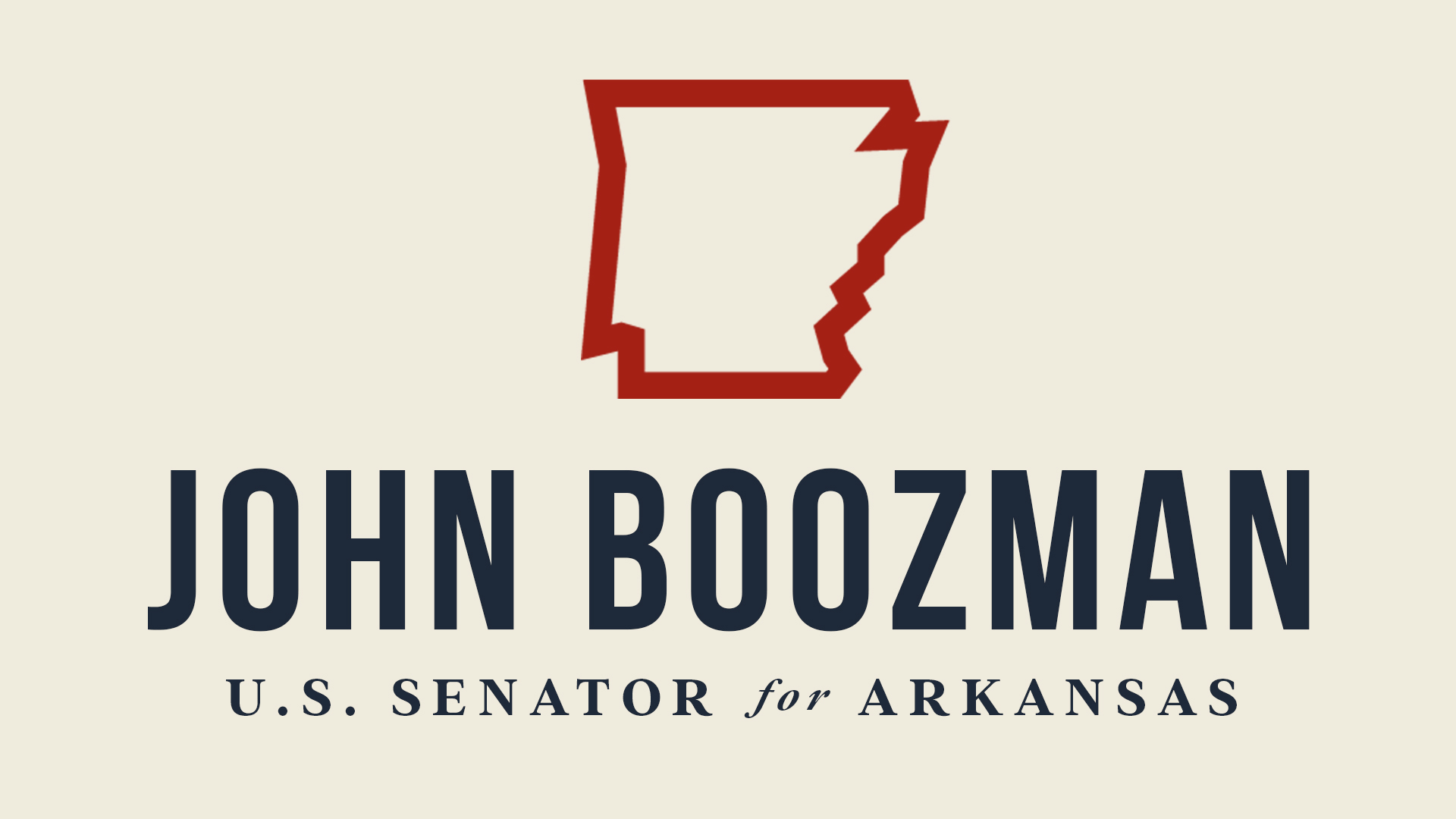Source: United States Senator for Arkansas – John Boozman
WASHINGTON – U.S. Senators John Boozman (R-AR), Ben Cardin (D-MD), Ron Wyden (D-OR) and Todd Young (R-IN) are leading the effort to create a refundable tax credit to help blind Americans afford technology and tools that enhance their ability to perform daily, necessary functions.
The Access Technology Affordability Act of 2023 would allow for more widespread access to adapted computers, text-to-speech screen access software and electronic Braille displays that assist with the use of computers, tablets, smart phones, as well as digital content.
“In today’s highly electronic and technical workforce, it is important that blind Americans have the access technologies they need to secure employment and thrive in their communities. As an optometrist, I know how vital these tools are to visually impaired Americans. Providing these individuals with flexible economic support to help ensure widespread use of these resources will improve their ability to sustain and advance their livelihoods,” Boozman said.
“Technology can be life-changing, but only if you can afford it. We need to do a better job making access technology affordable so that blind and seeing-impaired individuals can participate fully in our communities,” said Cardin. “I am proud to work with Senator Boozman, Chairman Wyden and Senator Young on this critical legislation that will give blind Marylanders, and all blind Americans, flexible economic support to help them lead full and successful lives.”
“With every passing year, having access to technology and the internet becomes even more of a necessity for people to go to school, earn a living and get ahead in life, but for those who are blind and visually impaired, that access is more difficult and expensive to come by,” Wyden said. “This bill represents a bipartisan solution to help clear some financial hurdles for Americans who are blind and visually impaired, and I look forward to working with my colleagues to get it passed.”
“Unfortunately, tools that Hoosiers who are blind need to succeed in the classroom and workplace are often a burdensome out-of-pocket expense. Our bill would help the visually impaired more easily afford these important access technologies,” said Young.
The legislation is supported by the National Federation of the Blind.
Text of the bill can be found here.
